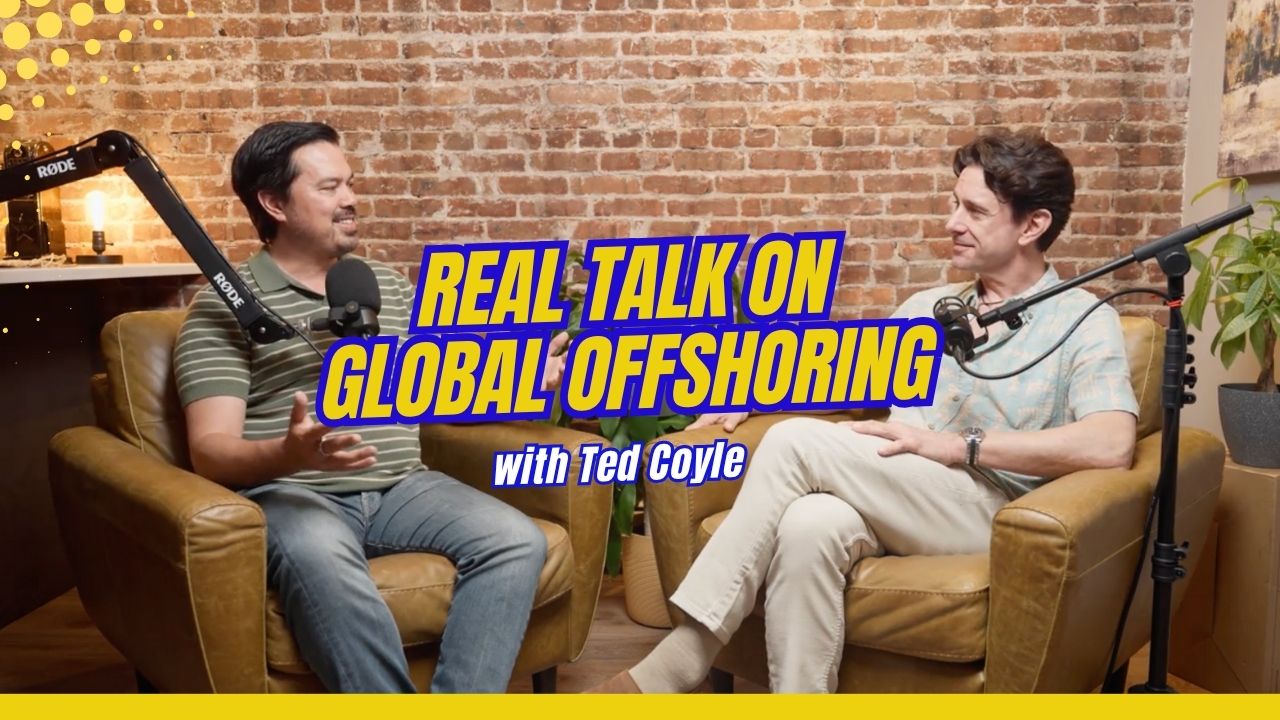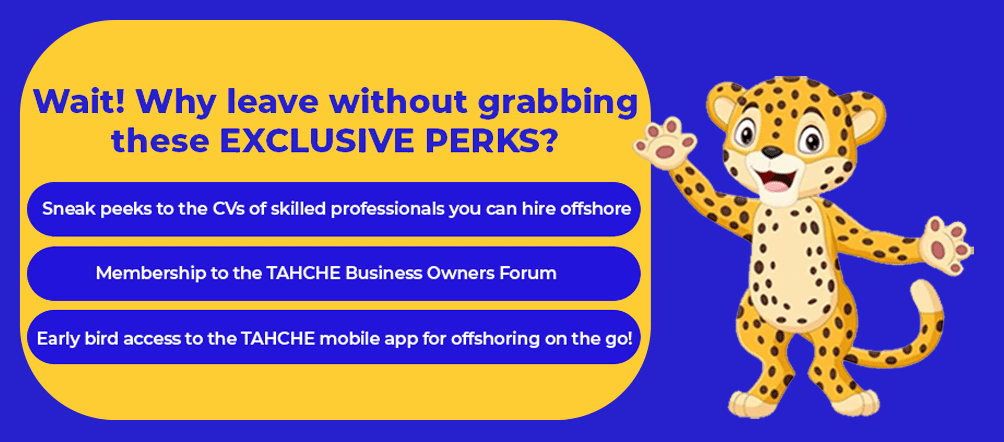Real Talk on Global Offshoring: Lessons from the Field with Ted Coyle


Offshoring has moved from buzzword to business necessity, and in this episode of “The Philippine Business Playbook,” seasoned executive Ted Coyle joins the conversation to talk about what actually works and what doesn’t when managing offshore teams. With years of experience leading global teams in Nepal, India, Belarus, Romania, and the Philippines, Ted offers a grounded perspective that goes beyond theory and into practice.
Offshore success starts with the setup
In his career, Ted has worked across several countries and industries, navigating both onsite and offshore work models. He’s seen firsthand how different approaches can either empower or hinder an offshore team. One consistent theme? The most successful setups are the ones that treat offshore employees like real members of the team, not just support staff working in a different time zone.
Ted stresses that making offshore operations effective starts with the right foundation: clear expectations, good communication, and treating offshore hires with the same respect and inclusion given to local staff.
Culture and communication matter
Working with teams around the globe taught Ted a vital lesson: cultural alignment and language fluency make a world of difference. While some offshore destinations offer low-cost labor, they can fall short in English proficiency and cultural compatibility, which adds friction to collaboration, especially when working on high-stakes, technically complex projects.
Ted shares that in his experience, Filipino developers stood out for their strong communication skills and ability to ask smart, relevant questions. That curiosity, paired with strong English fluency and a deep understanding of project goals, allowed for faster integration and better results.
Invest in people, not just output
Many businesses fail in offshoring because they treat it like a transactional solution rather than a strategic move. Ted encourages companies to approach offshoring with the same people-first mindset they would apply to an in-house team. This means onboarding properly, offering one-on-one time, building relationships, and creating a culture of ownership.
When offshore employees feel connected to the mission, they take greater responsibility for outcomes. It’s not about micromanaging, and more about empowering.
Growth happens with you
One of the most compelling insights from Ted is his philosophy on talent development. He doesn’t expect perfection from day one. Instead, he looks for candidates who have a solid grasp of the fundamentals and the capacity to grow with the organization. The offshore team doesn’t have to be perfect out of the gate. They need to be aligned, open to learning, and supported through intentional leadership.
Offshoring, Ted says, is not about finding the cheapest developer or ticking boxes. It’s about finding the right partner to grow with. That starts at the recruitment stage, by talking to your agency, sharing your needs, and treating the process as human-first, not checkbox-driven.
The future of offshoring is hybrid and here to stay
Over the years, offshoring has evolved from being a backup plan to a standard part of business strategy. Today, Ted says it’s common to see hybrid teams made up of 50% local and 50% offshore members. This model isn’t just a trend, but rather a new normal.
Businesses that embrace this hybrid setup, supported by strong communication and cultural integration, are poised to move faster, scale smarter, and compete globally.
Give it a real shot
For leaders who haven’t tried offshoring yet, Ted has one message: give it a shot. It might just be the smartest way to accelerate your business, reduce overhead, and get products or services to market faster.
Offshoring isn’t a shortcut. When done right, it’s a strategic investment in people and performance. And as this episode proves, with the right support and mindset, global teams can do more than work. They can win together.






